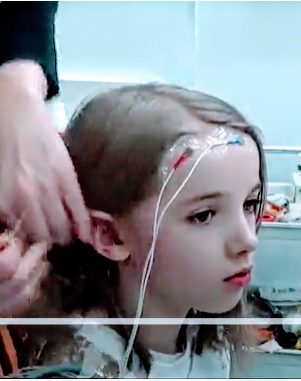Research has shown that dyslexia is linked to the left cerebral hemisphere and that self-confidence can help children overcome difficulties in this matter. Scientists at Aalto University and the Niilo Mäki Institute, in Finland, used neuroimaging to detect which part of the brain activates (or not) among kids considered to have a serious risk of dyslexia.
Previous research has revealed that struggles to process sounds may cause dyslexia, a problem that may be related to the left auditory cortex, the organ which processes language. The children participating in the study had to listen to nonsensical four-syllable words and repeat them, before being asked if they had already heard these specific words.
The scientists discovered that children most at risk of dyslexia also have difficulties in learning new words when hearing them. Their memorization of new words were less precise and they were less able to distinguish the made-up words from each other. Magnetoencephalography (MEG) results demonstrated considerably less brain activation in their left cerebral hemisphere.
The kids involved in the study were students in their fist and second years of school who had been identified as high risk with the help of their teachers. However, anomalous brain performance at age 7 and 8 don't always predict later reading development. Other factors may have some influence like, in particular, children's belief in their own learning abilities. Kids who are self-confident about their reading skills tend to get more benefit from training, and to make better progress than their peers. This is really good to know.

Picture: Example of MEG and MRI scanning on a 7 year old (Aalto University, Finland)

